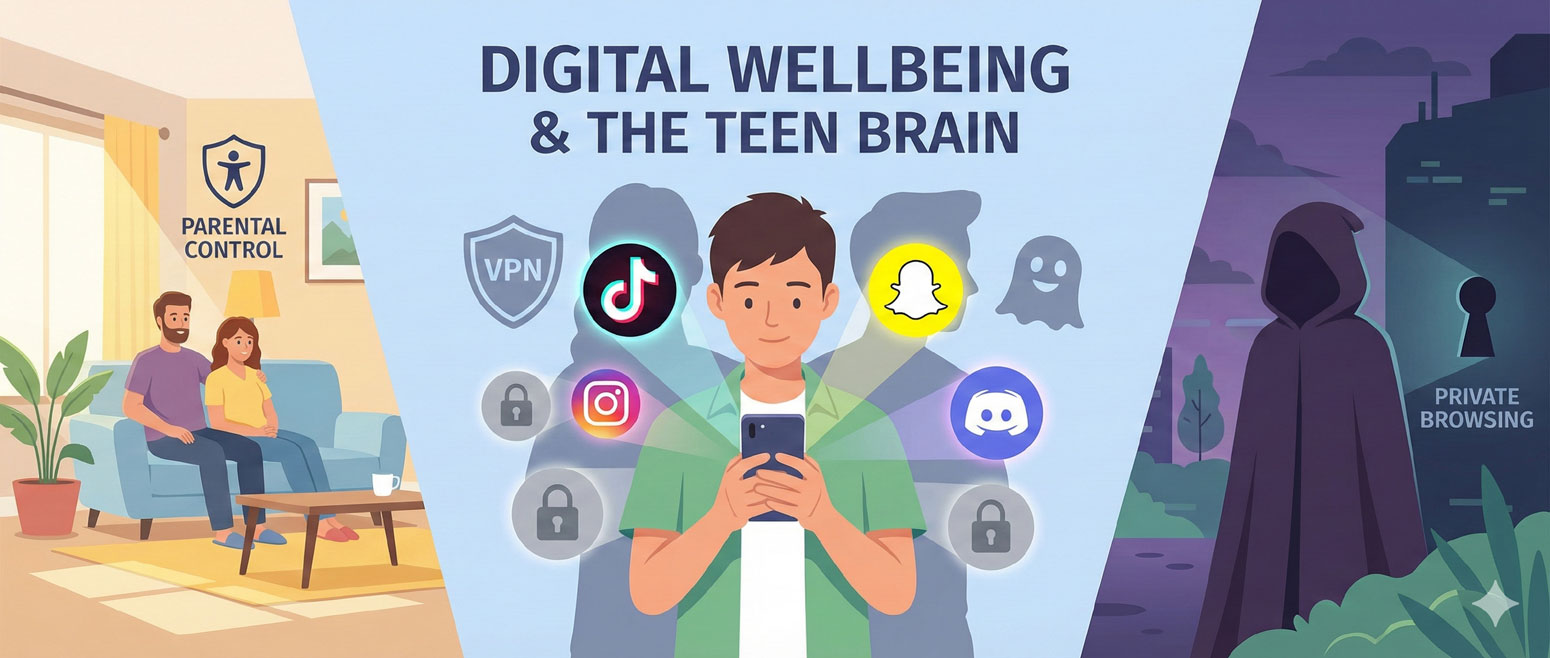 As a single mom to a teenager, I sometimes believe I understand teens. Or at least I think I do. But then again, do teens understand themselves? The honest answer is no. Their confidence is high, their logic fluctuates hourly, and their moods reload faster than any app update.
As a single mom to a teenager, I sometimes believe I understand teens. Or at least I think I do. But then again, do teens understand themselves? The honest answer is no. Their confidence is high, their logic fluctuates hourly, and their moods reload faster than any app update.
So when I heard about Australia’s plan to ban social media for under-16s, my first reaction was not shock or indignation. It was a quiet, knowing laugh. Because if there is one universal truth about adolescence, it is this: the fastest way to get a teen to do something is to tell them they can’t.
If someone had banned social media when I was a teen, I would have taken it as a personal challenge. I would have turned it into a quest “Operation: Find the Loophole”. Teens today would do the same. Actually, they’d probably do it better. They have VPNs, finstas, private browsers, and enough creativity to run circles around the average policymaker.
And that’s precisely the problem with blanket bans. They assume young people will obediently comply. But young people don’t comply; they improvise.
The Real Risk: We Drive Them Underground
Instead of protecting them from harm, bans risk pushing teens into darker corners of the internet where adults can’t see them and platforms feel even less accountable.
As someone who has spent years building India’s digital safety ecosystem, I can confidently say: hidden internet use is far more dangerous than supervised internet use.
Also, Bans Don’t Teach Anything
Removing teens from platforms doesn’t teach them how to navigate misinformation, how to recognize grooming, how to set boundaries, how to handle conflict, comparison, trolling, or attention, or how to be good digital citizens. You don’t build resilience by shielding young people from the world. You build it by teaching them how to move through it safely.
We Need Guardrails, Not Walls
Social media can absolutely be harmful, but it is also where young people learn, express, create, laugh, question, and belong. Taking that away completely is like banning bicycles because some kids fall off.
A smarter approach includes strong age-appropriate design, smarter privacy-preserving age assurance, real-time safety tools, digital literacy in every school, and meaningful consequences for platforms that don’t protect children. And perhaps most importantly, listening to teens themselves. They know what’s happening online better than any of us. (Sometimes too well.)
Let’s Not Punish Teens for Being Teens
Adolescence is messy, awkward, emotional, and occasionally dramatic. Yes, social media amplifies that, but it also gives them community and voice.
Instead of banning platforms, let’s build a world where teens are safer, parents feel supported, schools are prepared, platforms are accountable, and governments use nuance, not nostalgia.
Because our kids don’t need us to eliminate the digital world. They need us to prepare them for it. And trust me, if we ban social media for teens, the only guaranteed outcome is that teens will outsmart us. They’ve been doing it for years.




